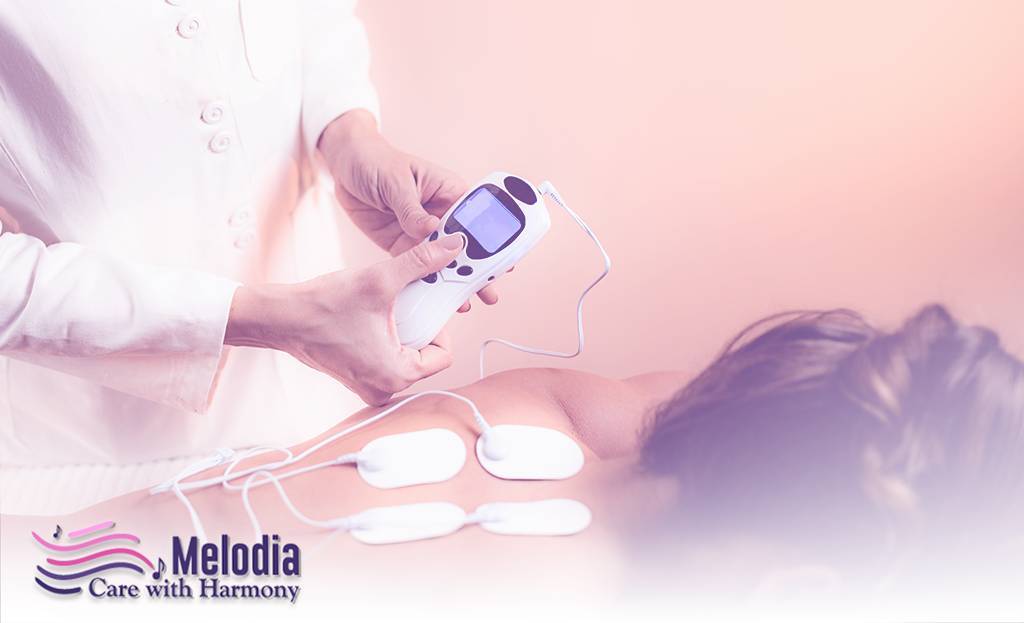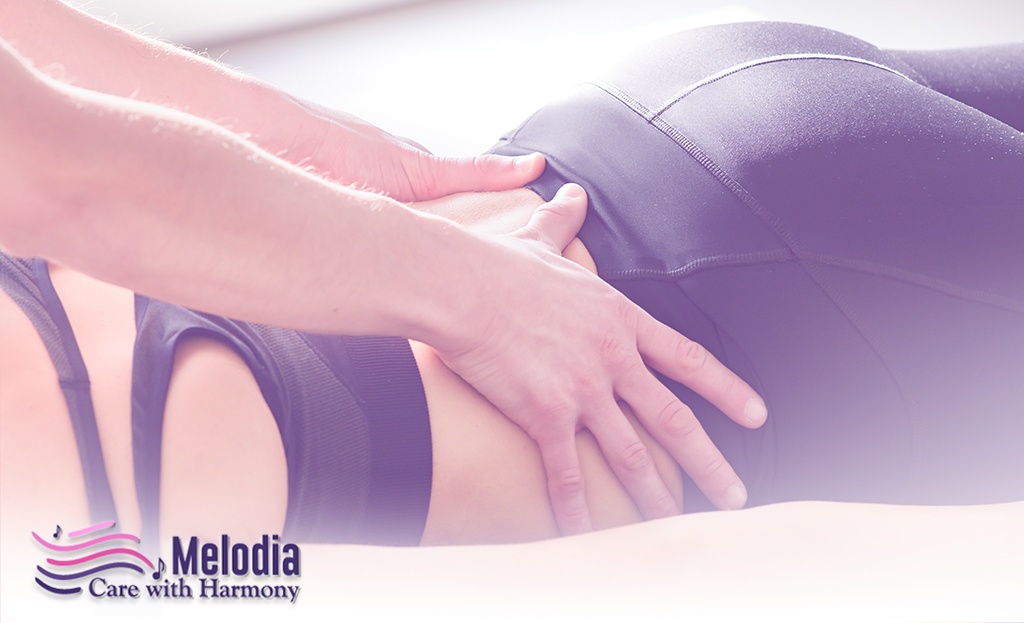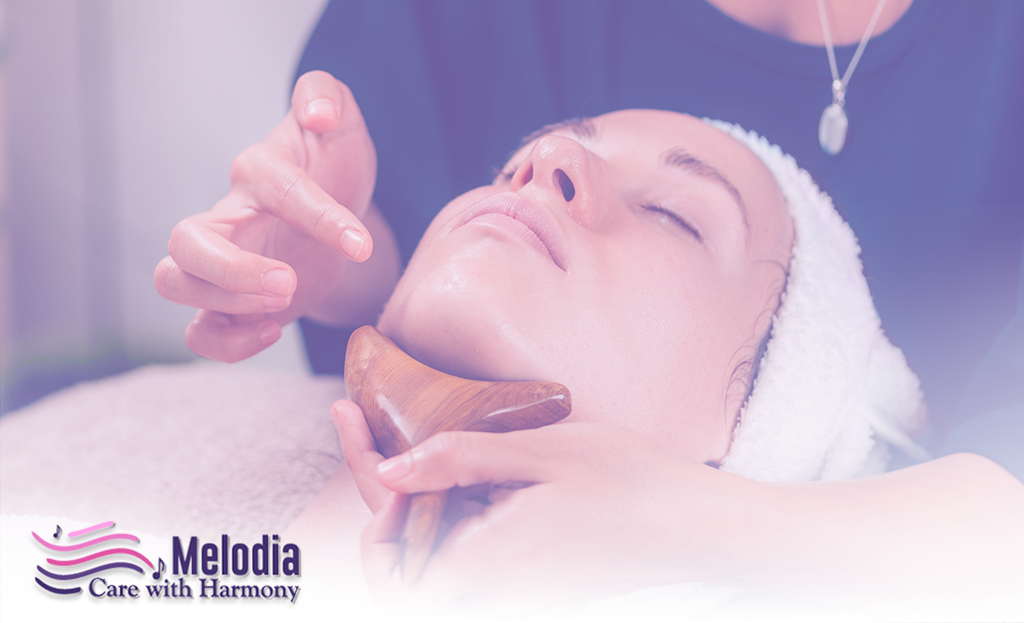When you suffer from a pinched nerve in your neck, all you want is to be pain-free. Some stretches and exercises can help ease the pain associated with a pinched nerve and they only require a comfortable chair and a few minutes of your time.
How Is A Pinched Nerve Defined?
The pinched nerve occurs when severe pressure on the nerve exerts in the surrounding tissues such as bones, cartilage, muscles or tendons. This form of pressure impairs the function of the nerve, resulting in pain, tingling, numbness or weakening.
Numerous signs of pinched nerves include the following:
- Pain radiating from the neck or lower back
- If the pinched nerve is in the lower back, shooting pain may occur through the leg or foot.
- If the pinched nerve is in the neck, shooting agony into the shoulder or arm
- Spasms of the muscles
- Sensations of tingling
- Arms or legs may experience numbness or weakness as a result of the pinched nerve controlling certain muscles.
- Sensations of burning or hot and cold sensation.
Pinched Nerve Diagnosis

When you seek physical therapy for a pinched nerve, your therapist will conduct a thorough assessment. This will entail obtaining a medical history that explains in detail when the symptoms began, which areas are affected and how and whether anything aggravates the symptoms. Following that, tests will be conducted to determine the following:
- Alterations in reflexes
- Sensitisation loss
- Muscle frailty
- Movements that alleviate or exacerbate symptoms
If additional testing is required, you may be referred to a physician. An MRI can be utilized in this condition to evaluate any interference in soft tissues, such as a herniated or bulging disc or a CT scan can be done to exclude bone spurts.
Pinched Nerve Treatment

Are you stumped as to how to treat a pinched nerve in the neck? Certain individuals can recover from a pinched nerve with a few days of rest and nonsteroidal anti-inflammatory drugs (NSAIDs). However, some patients require physical therapy, steroid injections or surgery to alleviate a pinched nerve.
Physical therapy is frequently an excellent treatment choice for the symptoms of a pinched lower back nerve. Physical therapists can treat you actively or passively, depending on the severity of your pinched nerve. Strength and flexibility will be improved through physical therapy. Increased muscle strength and flexibility will help support the body area where the nerve is pinched. Once this process begins, the nerve can begin to recover.
Physical therapists frequently do not advise patients to exercise the pinched nerve on their own. When you do not perform adequate healing activities, you constantly run the risk of harming yourself further. Easily on the damaged site, on the other hand, it can be quite helpful to mend the nerve. Strengthening and stretching the muscles will also assist in supporting the area around the pinched nerve.
The following exercises can be performed at home to complement our work and alleviate neck, shoulder and upper back discomfort.
Trapezius Extension

This exercise focuses on the muscles behind your neck to alleviate pain caused by a compressed nerve:
- Your right hand should be tucked beneath your right leg.
- Utilise your left hand to slant your head to the left.
- Maintain this position for a total of 30 seconds before releasing.
Posterior Extension

This exercise, which utilizes a folded towel or cloth, focuses on the neck area and helps to improve posture:
- With both hands, grasp the towel or cloth and place it behind your head.
- Reintroduce your head into it using the cloth as resistance.
Hold the stance for three seconds before releasing each time you nod back
Chin Tuck

This neck exercise assists in muscle lengthening and posture improvement:
- Two fingers on the chin
- Push down on your chin, bringing it closer to your neck.
- Maintain this position for three seconds before releasing your chin.
Head Turns

If you have a limited range of motion in your neck, perform the following exercise at a leisurely tempo that will not give you pain:
- Adjust your head and neck so that you are facing forward.
- Turn your head as far to the right as possible.
- Maintain this position for a period of five to ten seconds.
- Carry out the same procedure on the left side.
Physical Therapy Can Be Used To Treat A Pinched Nerve In The Neck

The treatment for a pinched nerve varies according to its severity and etiology. In some circumstances, medication may alleviate pain and inflammation, although this is rarely a long-term solution. Many people find relief from pinched nerves through physical therapy.
The following are some physical therapy treatments for a pinched nerve in the neck:
Stretches & Exercises

Stretches and exercises help the neck muscles maintain their flexibility and strength. Muscles that are stronger and more flexible give better support for the spine, which can alleviate the neck’s nerves.
Soft Tissue Mobilization

Soft tissue mobilization is a manual treatment in which the physical therapist uses their hands to mobilize tissue and joints. Mobilization of the soft tissues in the neck can help relieve muscle tension that may be contributing to the pressure in your spine. Additionally, it aids in the improvement of circulation in the neck.
Joint Mobilization

Another type of manual therapy, joint mobilization, focuses on joint mobilization. Cervical traction is one joint mobilization treatment for a pinched nerve in the neck. Physical therapists can use this technique to relieve pressure in the spine by gently pushing the vertebrae apart to provide space for blood flow and pressure release
Posture

Improper posture can cause or aggravate neck pain. Physical therapists can assist you in improving your posture so that the way you sit, stand and sleep does not add to your neck pain.
When To Avoid Neck Physical Therapy?

In other circumstances, physical therapy may be ineffective at relieving neck pain or even exacerbate the problem. Typically, physical therapy is not suggested for chronic neck discomfort if any of the following is true:
Significant Spinal Instability

Occasionally, the cervical spine is not stable enough for exercises, such as when a vertebral bone is shattered or spinal degeneration compresses the spinal cord or a nerve root. Before commencing physical treatment in such circumstances, the spine must be stabilized to prevent further injury.
Serious Underlying Medical Problem

If an infection or tumor causes neck discomfort, it is necessary to address the underlying cause first. For instance, if a cancerous tumor is causing neck pain, exercising will not diminish the size of the tumor; rather, the problem would develop and worsen.
Methods Of Physical Therapy Treatment
Physical therapy is classified into two types:
Passive Physical Therapy

It is when treatments are administered without the patient exerting any effort. Numerous therapeutic options exist, including the use of cold packs, heat therapy, massage therapy, ultrasound and electrotherapy. The objective of passive physical therapy is to assist in the reduction of pain and edema.
Active Physical Therapy

In which the patient exercises and stretches their own body. By increasing neck strength and flexibility, these muscles may become less uncomfortable and more capable of maintaining proper posture, alleviating stress on the cervical spine.
Visit Melodia Care Physical Therapy For Treatment Of A Pinched Nerve In The Neck
If you are experiencing neck pain due to a pinched nerve and are ready for treatment, our team at Melodia Care Physical Therapy is here to help. Contact our staff now to learn more about pinched nerve treatment in the neck or schedule an initial consultation.
You can reach Melodia Care at any time of day or night by contacting us through our 24/7 online customer support chat or by calling 1-888 635-6347 (MELODI-7).



